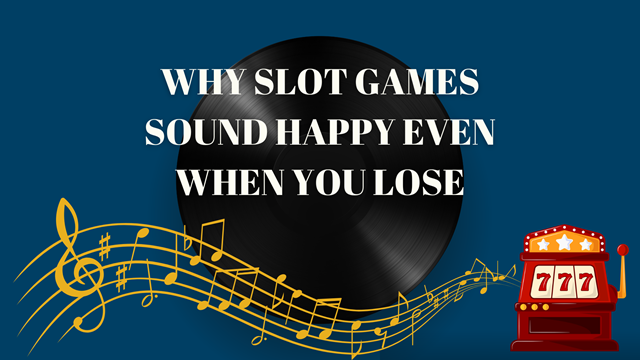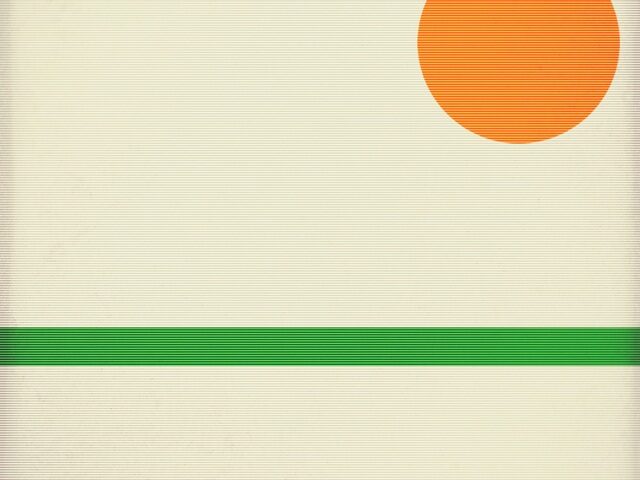
You can call me biased if you please, but I have a tendency of getting a bit excited whenever writing about anything related to Suede. Regardless, they are one of my favorite bands of all-time. When I was in middle school, I held an unhealthy obsession with three bands, those being The Smiths, Pulp, and Suede, all representing the best that English music had to offer at the time. Whether it was the lyrical wit, catchiness, or brilliant songwriting, those were the “big three” in my young and influential mind. Now, several years later, those “big three” still hold a special place in my heart. All bands have dissolved and ironically, the frontman for each has went on to form their own solo careers. Morrissey’s eight albums makes him the most accomplished out of the trio, but Jarvis Cocker released a fantastic solo debut last year to critical acclaim (and my tenth favorite album of the year) and appears to be just getting started. So, what about Suede’s main man? For some reason, there has always been circulating doubt surrounding Brett Anderson and his abilities as a songwriter. Despite fronting the wildly successful Suede, many have credited the group’s main success toward guitarist Bernard Butler, who left the band after Dog Man Star due to Anderson’s excessive drug use. Despite following up the classic with three enjoyable albums, fans and critics alike both generally agree that Anderson never reached the plateau that the Anderson-Butler songwriting duo reached with Dog Man Star and Suede’s self-titled debut. The fact that Butler’s respectable solo career, that while good, never reached the caliber of Dog Man Star as well was another accurate depiction of the special musical chemistry that Anderson and Butler shared. When the two reunited for the first time in eleven years and formed The Tears in 2005, fans rejoiced for good reason. The critically acclaimed Here Come The Tears was one of my favorite albums of 2005 (#3 to be exact) and it demonstrated that some artists should be bound together by law. Unfortunately, that project did not last long as the band is now on a hiatus of sorts. It’s a shame that these two talented songwriters both have conflicting views. Actually, I think they’re both too similar for their own. Despite the appearance of an apparent break-up, I’m still crossing my fingers in hope that The Tears will one day create a second album. In the days of messy art-rock and plastic pop, the music industry needs a pair of durable songwriters to remind their peers what quality songwriting actually sounds like.

In the mean time, Anderson is busy with his self-titled debut album, Brett Anderson. Contrary to the past where Anderson had the likes of Butler or Richard Oakes write accompanying guitar tracks, Anderson has tackled the playing and writing of the guitar parts on his own. “I’ve written a lot of the electric guitar parts,” Anderson says of his debut, “[The album] is my baby and I’ve obviously been pretty obsessed with it”. Those expecting a rebirth of Dog Man Star or Here Come The Tears will be sorely disappointed, though Anderson’s newly formed solo presentation is exquisitely beautiful in it’s own sense. Much more fragile and emotional, Anderson is more focused on strings, keyboards, and supplying melodies, with lyrical content that borders on the most melancholic he has ever written. The most noticeable aspect of Brett Anderson is the usage of strings, which Anderson admits are mainly well-orchestrated loops. Still, there remains a professional quality that is the result of being in a highly respectable band for over a decade. Like most contemporary artists, Anderson is latching onto a Scott Walker influence, mixing together heartfelt strings and sullen lyrics, occasionally with some enjoyably perverted wordplay, such as that in “The More We Possess The Less We Own Of Ourselves”. Anderson’s vocals are sharp and quick over a rapid tug of strings and paced electric guitars. “Baby really needed acres of carpets, thought she’d be happy if she had larger breasts” Anderson says keenly as a jest toward superficiality, “Everybody says you can’t live without them, everybody says you have to say yes”. The idea of society’s reign over one’s ego and outer appearance is a prevalent theme on the album, again addressed on Anderson’s debut single “Love Is Dead”. Anderson’s apparent bitterness and disgust at society is accurately depicted over a nicely arranged symphony of violins and keys. He remarks self-assuringly, “Plastic people wearing imaginary smiles, exchanging secrets at the back of their minds”. Either way, “Love Is Dead” is an outstanding song, even if the lyrical melancholy seems a bit melodramatic at times. The repeating build-up of strings and Anderson’s sharp vocals are reminiscent of Suede’s best songs post-Butler. Actually, Anderson’s new style is mostly unlike anything he has done before, avoiding alternative rock and Brit-pop at all costs. Despite the overwhelmingly enjoyable “Love Is Dead”, the most hauntingly beautiful song on the album is “To The Winter”. The song seems like a distant cousin to “Love Is Dead”, except being even more dramatic with a lusher supply of strings and accustomed instruments, portraying Anderson’s consistent view that love is almost obsolete, as he compares a loveless life to being trapped in the cold of the winter. He has enough sense to not blame others for his faults though, as he is close to sobbing as he questions why he threw his own heart away. Don’t you love the dramatics? Another emotionally distraught track is “Song For My Father”, a very touching closer that shows Anderson at his own personal best. Despite the shining brilliance of some tracks, others fall flat, such as the flawed “Intimacy” and the awkward “Ebony”. “Dust And Rain” is more parallel in comparison to his days with Suede and The Tears, led by standard guitar riffs and being one of the only tracks on the album without the aid of strings. The main line is actually the exact same as that in The Tears’ “Refugees”, showing evidence that some songs on the album were most likely written before even the formation of The Tears. Anderson’s maturing as a singular songwriter is quite astonishing, as he turns out an extremely stellar debut in Brett Anderson. While longtime fans of Anderson may initially feel disappointment when hearing his new orchestrated emotions, several listens will warrant one of the most enjoyable albums of the year so far. Brett Anderson will be released on March 26th.
——————————————————————————————
Brett Anderson – Love Is Dead
——————————————————————————————
Brett Anderson – To The Winter
——————————————————————————————
Brett Anderson – Dust And Rain
——————————————————————————————






Hello. Can I just say how much I love your musical blog? I’ve been getting ready for Brett (Solo Incarnation) by playing a whole load of Suede and enjoying the olden days… Love his new stuff and the track he recently did with Pleasure too!
Definitely one of the best albums of 2007. Also like Pleasure’s stuff Back To You.
PLEASE would you take down those downloads ? Wait for the album to come out !!!
I was a bit let down at first, but have since come around. Some of the new stuff recalls A New Morning, but it’s more beautiful. If your qualms are with the lyrics, I suggest that you forget he’s written anything else and focus on the songs. Repetitive or not, their still beautiful. Many thanks for posting mate, great blog & post. Cheers!
It all sounds very nice to me…
I like Brett’s new songs, especially Love Is Dead. Besides, Suede is and always will be my favourite band!!!
great review for a great record. been living with it for awhile now and find it captivating, warts and all.
I love this album, so catchy in a non-annoying way.
I love Brett Anderson too. And Suede remains one of my top 3 bands.